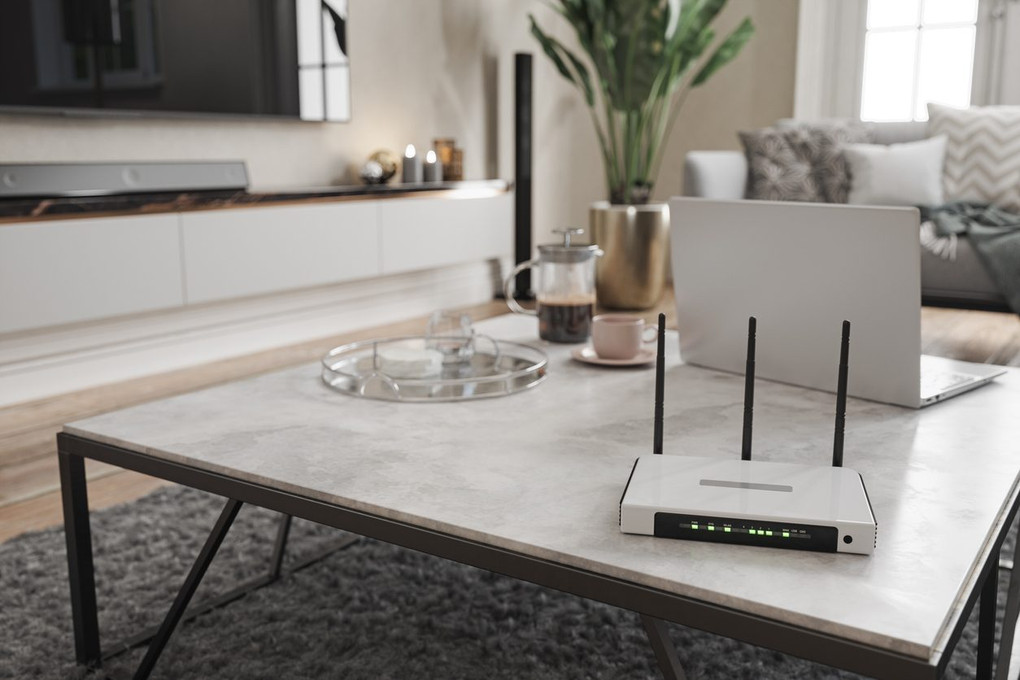Posted by Dennis Findley on 11th Sep 2019
Signal boosters are a wonderful solution whose advantages include one-time installation with no subscription fees, “setup and forget” functionality, and for SureCall boosters, omni-carrier compatibility of bi-directional amplification that is also backed by a comprehensive suite of 60-day returns, 3-year warranty, and lifetime US-Based tech support. Despite these apparent benefits, non-technical end-users looking for more complex signal booster d… Read more
Posted by Dennis Findley on 7th Mar 2019
More power is not always better, at least not with signal boosters.What is Attenuation?Based on the cellular environment or the size of the building, the best performance from the signal booster may be achieved by lessening the power the booster is putting-out. This is called attenuation.Adjusting attenuation is like fine-tuning the cell signal booster to add or remove power from the booster as a means of maximizing the coverage area. Too much po… Read more
Posted by Dennis Findley on 5th Mar 2019
Today we’re going to give you a better understanding of what the heck people are talking about when they say DAS.You might already know the term DAS but are you familiar with the difference between Active DAS and Passive DAS? When you’re looking into the different ways to improve cell service for office or home, this information could save you lots of time, stress, and money.Shop: Cell Phone Booster for OfficeWhat is DAS?A DAS, which stands for… Read more
Posted by Dennis Findley on 5th Mar 2019
Cell reception is no longer considered a luxury to most cell phone users; it’s a modern-day necessity. While it used to be common for a workplace’s cell reception to be hit-or-miss, now employees and employers almost unilaterally insist on strong reception.Many executives and managers whose work transcends outside of the office use cell phones as their primary method of taking and making business calls. This operating style is driving the need fo… Read more
Posted by Dennis Findley on 19th Feb 2019
In the United States, there are two primary types of telecommunications standards for cellular networks: GSM and CDMA. The terms can get a little confusing since they often not only represent the standard but also the transmission method of digital data.
In general, GSM and CDMA standards by their authentication practices. GSM is used nearly worldwide to authenticate callers based on removable SIM card which hosts customer data. CDMA standards,… Read more





